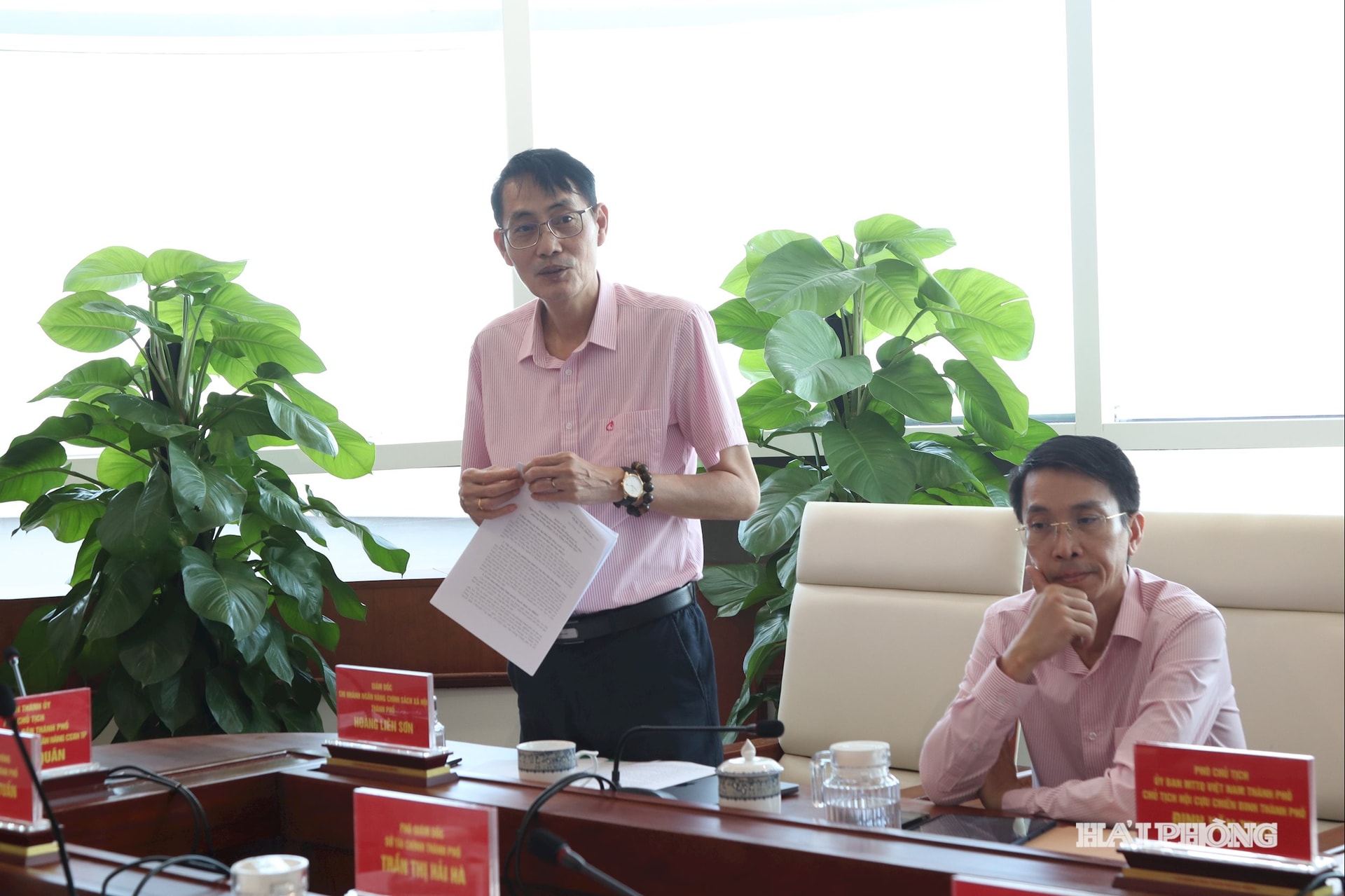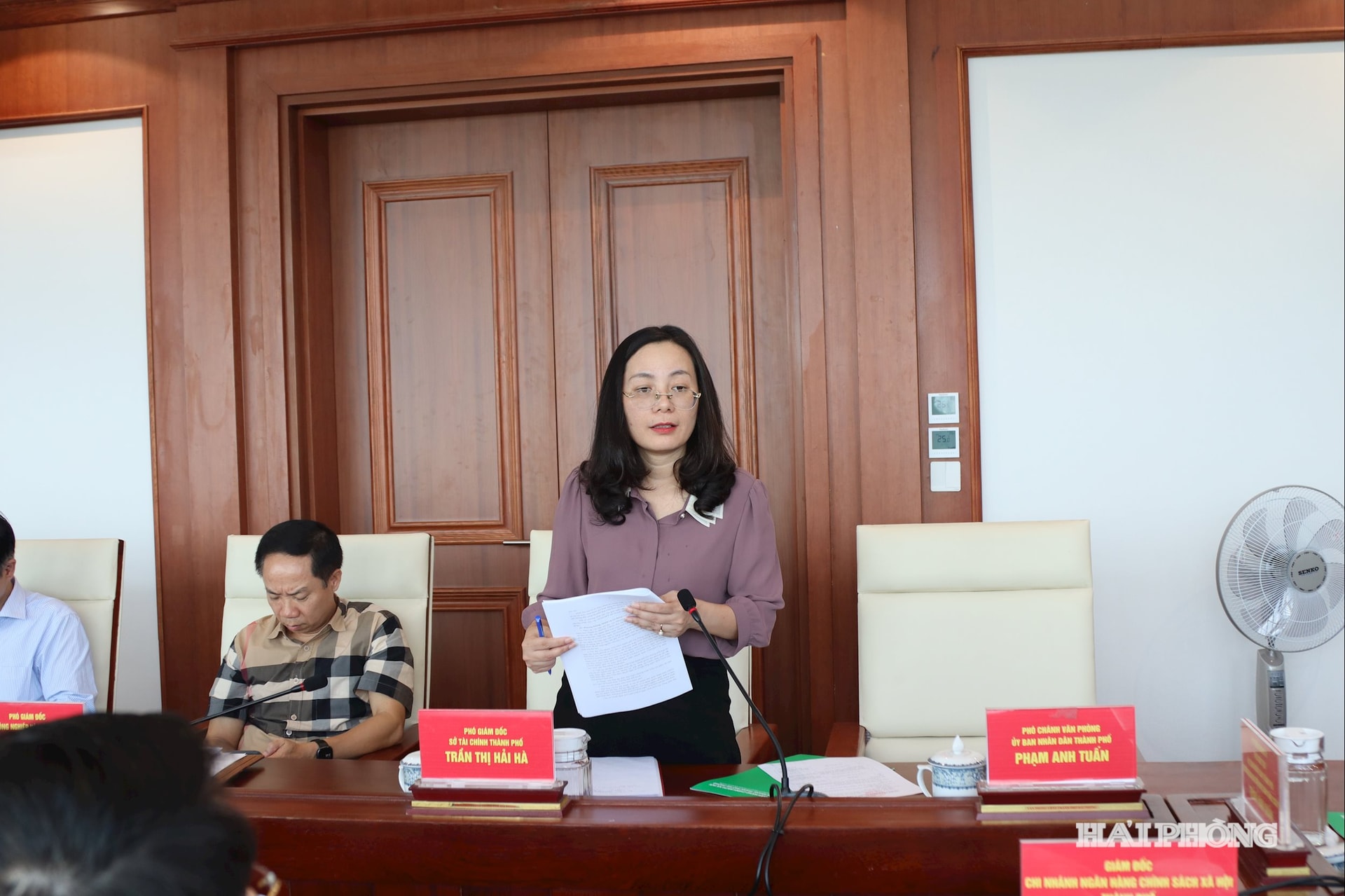Policy credit makes important contributions
The capital disbursed through the Hai Phong branch of the Vietnam Bank for Social Policies has helped 44,383 poor households and other policy beneficiaries access loans.

On September 18, Tran Van Quan, Vice Chairman of the Hai Phong People’s Committee and Head of the Representative Board of the Board of Directors of the Hai Phong branch of the Vietnam Bank for Social Policies, chaired a conference to review the results of the Representative Board’s activities in the first eight months of 2025 and outline tasks for the remainder of the year.

By August 31, the branch had raised a total capital of 13,228 billion VND, with outstanding loans of 13,188 billion VND. Loan capital for poor households and policy beneficiaries was delivered to all communes, wards, and special zones, with the average outstanding loan reaching 62.6 million VND/ household.
Through credit programs, the capital disbursed by the Hai Phong branch of the bank has helped 44,383 poor households and other policy beneficiaries access loans. Among them were 5,518 poor households, near-poor households, and newly escaped-from-poverty households; 19,817 customers borrowing for job creation, contributing to the generation of nearly 20,000 jobs.

Across the city, 19,993 households borrowed loans under the clean water and rural sanitation program, supporting the construction and renovation of nearly 40,000 clean water and sanitation facilities; 1,028 people accessed loans for social housing; and loans were provided to cover study expenses for 1,715 disadvantaged students.
Speaking at the conference, Vice Chairman Tran Van Quan acknowledged the achievements of the Representative Board, affirming that policy credit has made an important contribution to effectively implementing the city’s guidelines, policies, goals, and tasks on sustainable poverty reduction, new rural development, human resource development, social security, political stability, and national defense and security.

The Vice Chairman suggested strengthening communication on social policy credit programs and publicizing guidelines, policies, and implementation results at commune-level transaction points to promote people’s supervision.
BUI HANH
